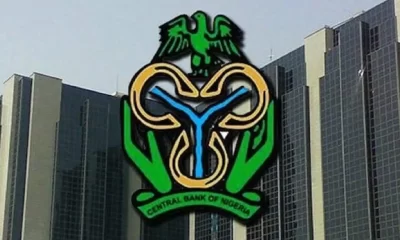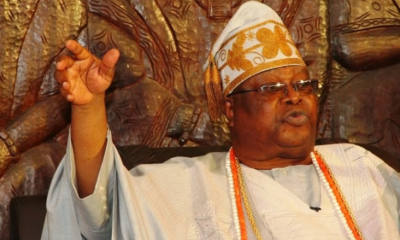Nigeria’s local currency, Naira, ended 2022 with a 23.65 per cent fall against the Dollar, the biggest margin in the country’s history despite the Central Bank of Nigeria’s several efforts and policies to strengthen it.
On Friday, the Foreign Exchange (FX) market closed for the year 2022 with an exchange rate of N461.50 to a dollar.
This was 8.56 percent (year-on-year) depreciation against the dollar when compared to N422/$ quoted at the beginning of the year, data from FMDQ indicated.
It was even worse at the black market as the naira lost 23.65 percent (year-on-year) against the dollar.
The market ended the year with the dollar selling at the rate of N740 as against N565 at the beginning of 2022.
READ ALSO: GTBank to suspend international transactions on Naira Mastercard
According to FSDH research fourth quarter macroeconomic report, naira’s poor performance was largely driven by demand for dollars for school fees payments, medical bills, tourism, importation of inputs and other goods which were high across major commercial banks.
Nigeria is still challenged with limited FX inflows and high demand for foreign currency to finance imports and service payments.
Worst still, receipts from oil are dwindling due to oil theft, and monetary tightening in advanced countries are expected to trigger capital outflows from developing countries.
Despite the Central Bank of Nigeria (CBN)’s Race to US$200 billion in FX repatriation (RT200 FX programme) which aims to diversify foreign exchange sources with a goal of attracting US$200 billion over the next three to five years, external reserves have trended downwards in recent times.
Nigeria’s external reserves declined by 8.42 percent year-on-year to $37.09 billion as of December 29, 2022 from $40.50 billion recorded at the beginning of the year.
One of the reasons for the external reserves decline according to a report by FBNQuest was due to the exit of foreign portfolio investors (FPIs) from Nigeria.
AdvertisementThe research further stated that with limited inflows from exports and low foreign investment inflows arising from a tough business environment, exchange rate is expected to remain pressured in 2023.

 Business5 days ago
Business5 days ago
 Politics5 days ago
Politics5 days ago
 Featured5 days ago
Featured5 days ago
 Business5 days ago
Business5 days ago
 Inspirational5 days ago
Inspirational5 days ago
 Business6 days ago
Business6 days ago
 Latest4 days ago
Latest4 days ago
 Education5 days ago
Education5 days ago




